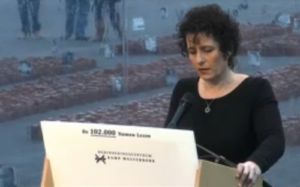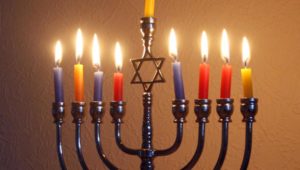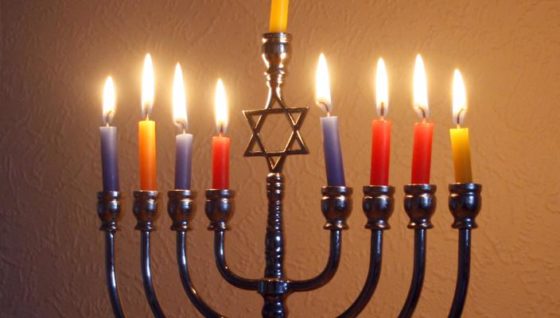Shemot
 Shavua tov, everyone. One of our members, Johannes Denee will be leaving for Holland this coming week for a very significant event. Johannes grew up in a Holland, in a country ravaged by WWII. He has been haunted for many years by the knowledge of how many Jews from his country were murdered. One of the camps, Camp Westerbork, was known as ‘the foyer of Hell’ during the Second World War. It was a transit camp to concentration camps like Auschwitz and Sobibor. The camp was built in 1939, when it was first used as a refugee camp. Eventually, 102.000 Dutch Jews were sent to their deaths in Sobibor and Auschwitz through the Westerbork transfer camp.
Shavua tov, everyone. One of our members, Johannes Denee will be leaving for Holland this coming week for a very significant event. Johannes grew up in a Holland, in a country ravaged by WWII. He has been haunted for many years by the knowledge of how many Jews from his country were murdered. One of the camps, Camp Westerbork, was known as ‘the foyer of Hell’ during the Second World War. It was a transit camp to concentration camps like Auschwitz and Sobibor. The camp was built in 1939, when it was first used as a refugee camp. Eventually, 102.000 Dutch Jews were sent to their deaths in Sobibor and Auschwitz through the Westerbork transfer camp.

 This week I thought I would use this opportunity for a little housekeeping.
This week I thought I would use this opportunity for a little housekeeping.

Chumashim
January 20, 2020 by Rabbi Lynn Greenhough • From the Rabbi's Desk Tags: chumashim •
Busy days and getting busier at Kolot Mayim! Orders are coming in for Chumashim which is truly rewarding. And we have had a most generous offer from a friend to buy a sturdy bookshelf for our new Chumashim, the set of Talmud I have ordered, and various study manuals/books that will all enhance our learning. There is a most enthusiastic group of people learning in the Intro to Judaism class as well. Thank you to everyone who in every way – be it coming to services, engaging in Torah learning, helping on committees and the Board, offering to help drive some of our elders as will be needed, helping me on the Religious Services committee, and more – all of this participation is re-building Kolot Mayim into a most engaged and caring community. I feel very blessed to be amongst you – even when I look at a long list of tasks and appointment for the day! All this is testament to a profound willingness and desire for building connection. So yasher koach, may we all be strengthened together.